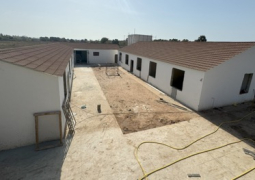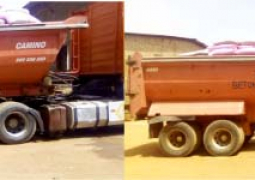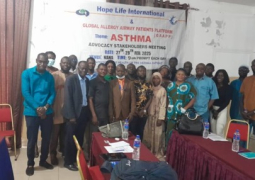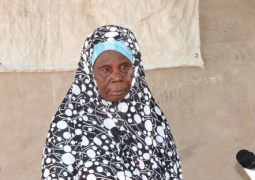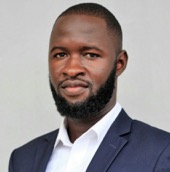
Alieu and his 25 siblings all had to pitch in to supplement the income their mother earned from petty trading.
That was never enough to sustain the family, so each child had to find a way to work together and think of a venture that could bring in money.
It was a tough existence, but one that Alieu credits with teaching him to be a future leader and team player.
Today, Alieu is the founder of the first ever start-up incubator in The Gambia.
In the past three years, the incubator has supported 86 startups and created 300 jobs.
Alieu aims to build the next generation of Gambian entrepreneurs and hopes to use entrepreneurship as a tool for transforming lives.
Alieu’s vision—and his drive—is shared by young people around the world. And through his participation in the World Bank-supported Youth Advisory Group (YAG), Alieu gets the support and connection he needs to continue addressing issues in youth employment.
YAG was launched by the Solutions for Youth Employment (S4YE) Coalition, housed in the Jobs Group of the Social Protection and Jobs Global Practice at the World Bank Group (WBG).
It provides youth with a platform to share their voices and be involved in the discussion around youth employment.
Alieu is one of 17 members of the group, which is comprised of community leaders from diverse and often disadvantaged backgrounds who have launched innovations in sectors such as agriculture, technology, and gender.
Now, the World Bank is making sure their voices are heard both internally and outside the Group.
YAG members recently got the chance to share their inspiring personal journeys and innovative ideas at the S4YE Partner Summit.
The summit brought together more than 100 youth employment practitioners from the private sector, foundations, civil society, the World Bank and youth themselves.
In an energetic session that was dedicated to youth voice, Youth Advisory Group (YAG) members like Frederico Silva from Mozambique talked about his innovative technology platform “biscate”, which connects informal and often uncertified skilled workers to available jobs in a country with few formal employment opportunities.
YAG members also recently participated in consultations for the World Development Report 2020, sharing their thoughts on core themes including gender, climate change and the roles of the private sector.
And they continue to participate in World Bank knowledge sharing events on youth employment, where they share their skills and experiences on topics such as mentorship and grant writing.
Their involvement is both energizing and informative, allowing for collaborative program design that incorporates out-of-the-box ideas that have great potential.
There are many more ways that YAG could connect members with World Bank teams to provide input in the design of youth employment programs and knowledge products.
We hope that this will be a resource for all the World Bank teams interested in creating youth-informed projects and research.
A lot is changing in the world, with rapid changes in technology, climate change and migration.
Even though the pace of this transformation sometimes feels scary, we are heartened that in the face of seemingly insurmountable issues, youth have creative and unexpected solutions.


